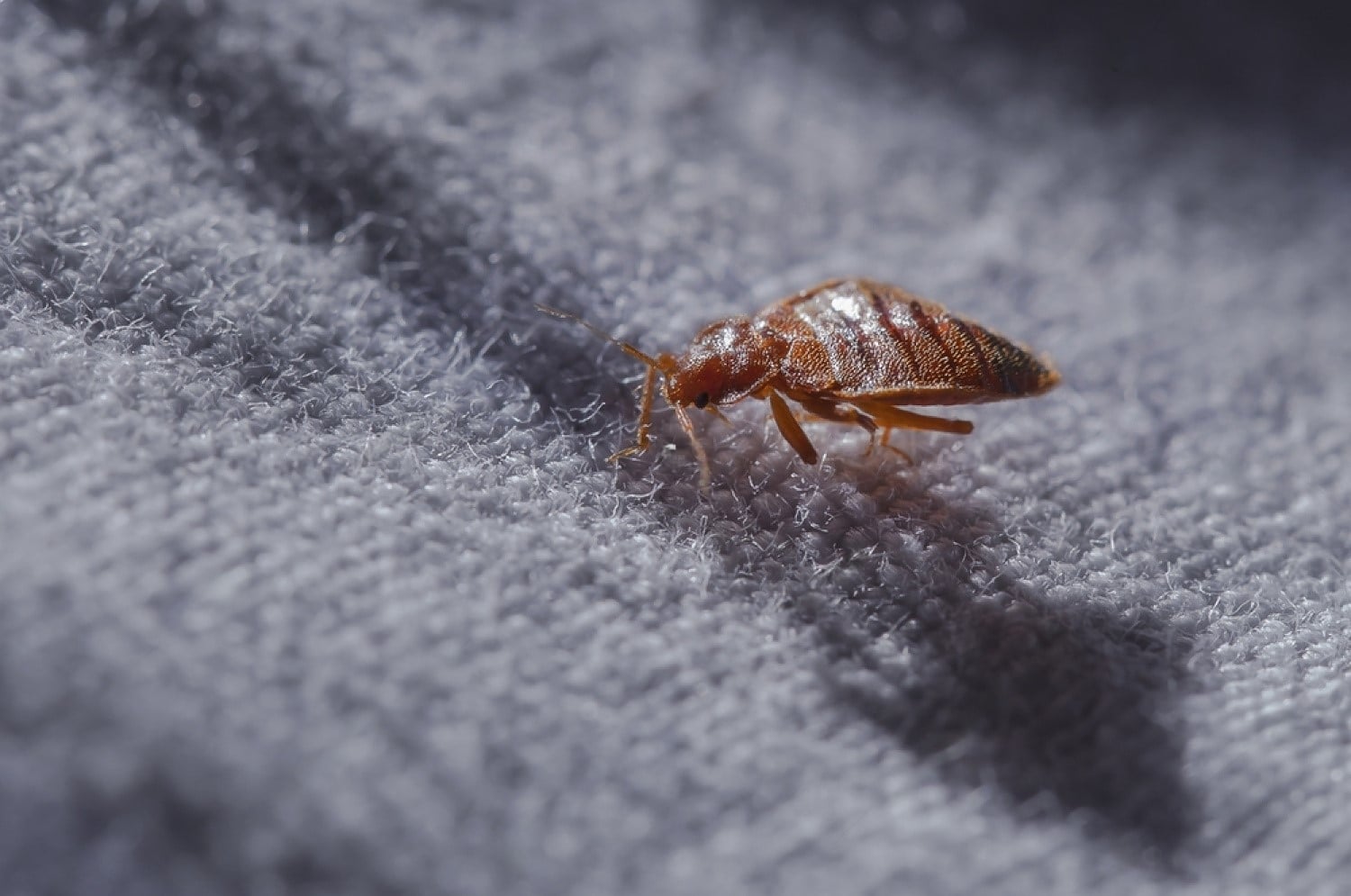Comprehensive A1 Bed Bug Extermination in Houston Area
Comprehensive A1 Bed Bug Extermination in Houston Area
Blog Article
Recognizing the Lifecycle of Pests for Targeted Control Approaches
Recognizing the lifecycle of parasites is an essential facet of effective insect administration strategies. By understanding the different phases of development that insects go through, a much more targeted and accurate strategy can be adopted to control their populaces. This knowledge not just loses light on the susceptabilities within the insect lifecycle but additionally leads the way for implementing critical measures that can disrupt their development and recreation cycles. With a deeper understanding of exactly how parasites develop and flourish, customized control methods can be created to attend to specific factors in their lifecycle, inevitably leading to even more successful pest management results.
Value of Recognizing Bug Lifecycle
Recognizing the lifecycle of parasites is essential for developing efficient and targeted control methods in insect monitoring. By comprehending the different phases a parasite goes via from egg to grownup, parasite control professionals can recognize at risk points in the lifecycle where intervention can be most effective.
In addition, recognizing the details environmental problems required for each and every stage of the pest's lifecycle can lead choices on environment adjustment or exemption techniques to decrease and interfere with the lifecycle parasite populaces. This understanding allows pest monitoring experts to execute aggressive procedures as opposed to relying entirely on responsive therapies, bring about even more sustainable and lasting insect control solutions. Eventually, an extensive understanding of parasite lifecycles encourages insect control experts to tailor their strategies effectively, minimizing ecological effects and making best use of control outcomes.
Key Phases in Parasite Advancement
To efficiently execute targeted control strategies in insect management, a vital facet exists in thoroughly recognizing and understanding the key phases in bug development. Insect development typically consists of numerous vital phases that are vital for their lifecycle and administration.

Susceptabilities in Insect Lifecycle
Throughout the different stages of a pest's lifecycle, distinct susceptabilities arise that can be purposefully targeted for reliable control steps (A1 Bed Bug treatment houston). One essential susceptability exists in the egg stage, where pests are often a lot more at risk to certain pesticides or organic control agents due to their soft external shell, making them easier targets for intervention. Understanding these susceptabilities in the insect lifecycle is important for creating reliable and specific control methods that properly take care of pest populations while reducing environmental effect.
Applying Targeted Control Steps

Implementing targeted control measures usually entails a multi-faceted method. This may include environment adjustment to make the atmosphere much less welcoming to bugs, such as removing standing water for mosquito control or securing entrance points for rats. In addition, biological control techniques can be made use of, where natural predators or pathogens are presented to maintain pest populations in check.
Chemical control, such as the mindful application of chemicals, is one more typical strategy. It is essential to use these materials carefully to minimize environmental influence and potential damage to non-target types - A1 Bed Bug treatment houston. Integrated Pest Management (IPM) methods that combine different control procedures in a worked with and lasting fashion are frequently the most efficient in attaining lasting bug monitoring objectives. By implementing targeted control measures based upon a thorough understanding of insect lifecycles, bug populaces can be efficiently managed while minimizing threats to human health and wellness and the setting.
Enhanced Parasite Monitoring Practices

Furthermore, the consolidation of biological control agents, such as all-natural killers or microorganisms of parasites, can help the original source reduce reliance on chemical pesticides go to website and advertise an extra balanced community. Carrying out physical barriers and traps can likewise become part of enhanced insect monitoring practices, offering non-toxic and targeted services for insect control. Additionally, the usage of scents and other semiochemicals can disrupt pest breeding patterns and interaction, bring about reduced insect populations gradually.
Verdict
In verdict, comprehending the lifecycle of parasites is vital for efficient bug administration strategies. By determining key stages in bug growth and vulnerabilities in their lifecycle, targeted control actions can be executed to decrease bug populaces. Improved pest administration methods can aid reduce the dependence on broad-spectrum pesticides and promote even more eco pleasant and sustainable parasite control methods. This understanding plays a crucial function in maintaining healthy ecosystems and agricultural efficiency.
Recognizing the lifecycle of bugs is crucial for establishing effective and targeted control strategies in parasite monitoring. By comprehending the numerous stages a parasite goes via from egg to grownup, parasite control specialists can determine at risk factors in the lifecycle where treatment can be most successful. Inevitably, a comprehensive understanding of parasite lifecycles encourages insect control experts to tailor their techniques efficiently, decreasing environmental effects A1 bed bug extermination houston and making the most of control end results.
By applying targeted control steps based on a complete understanding of bug lifecycles, parasite populaces can be properly regulated while decreasing threats to human wellness and the environment.
By recognizing key phases in parasite development and vulnerabilities in their lifecycle, targeted control procedures can be executed to decrease pest populations.
Report this page